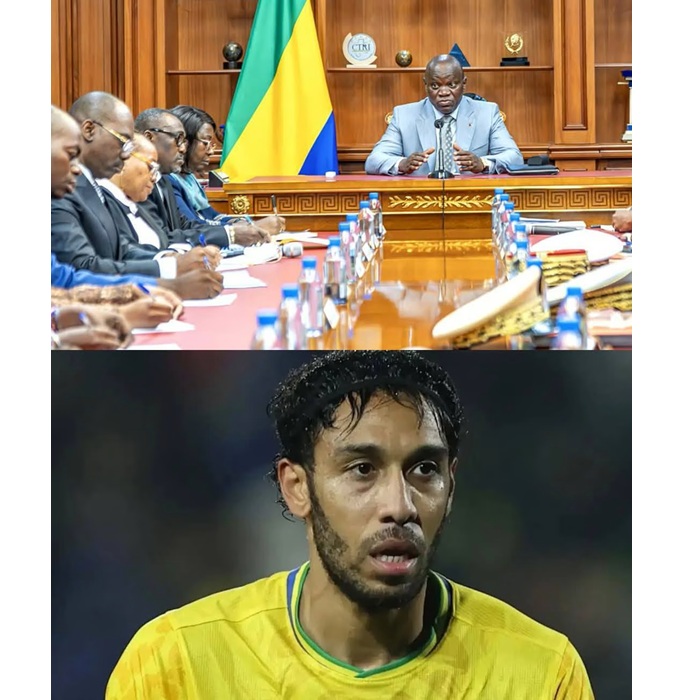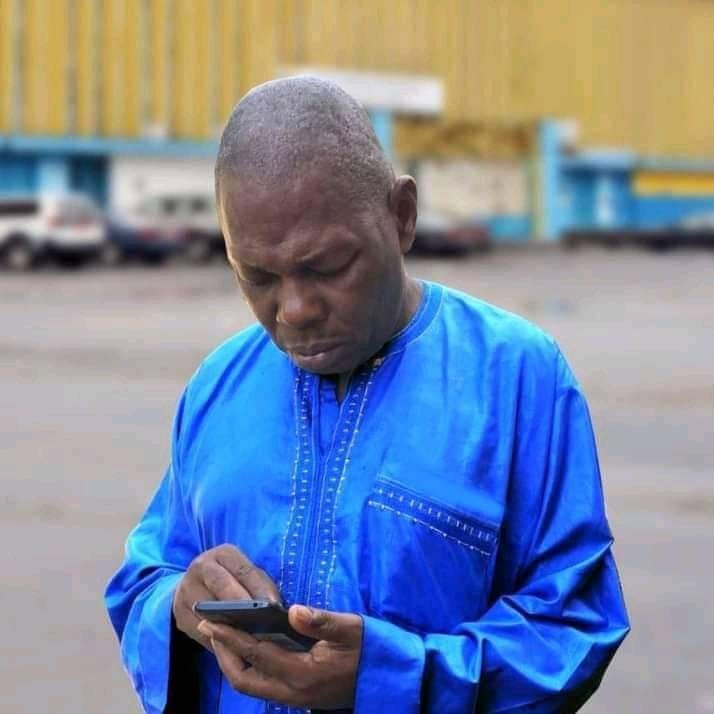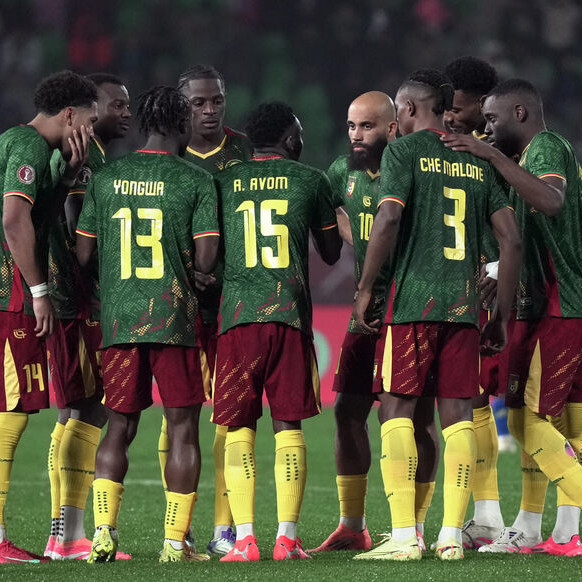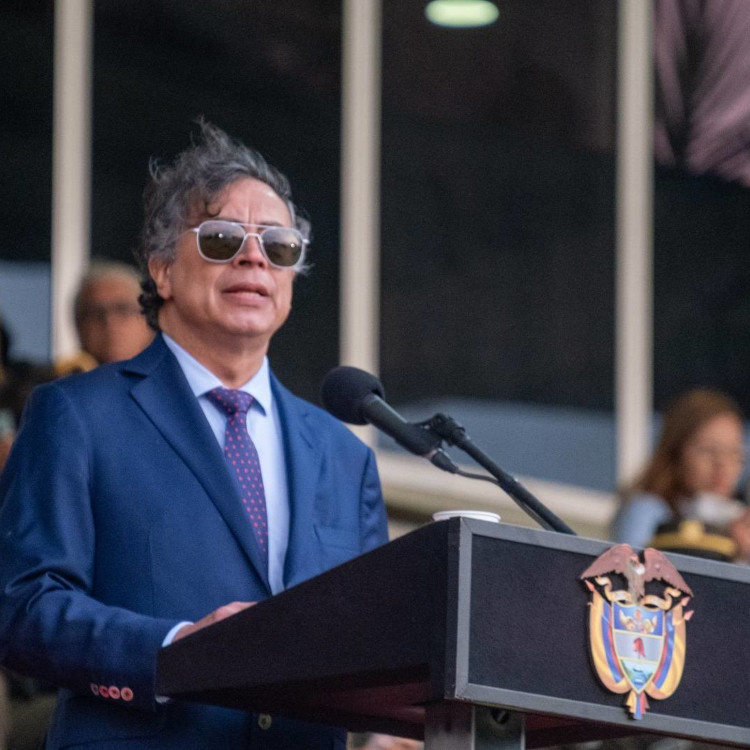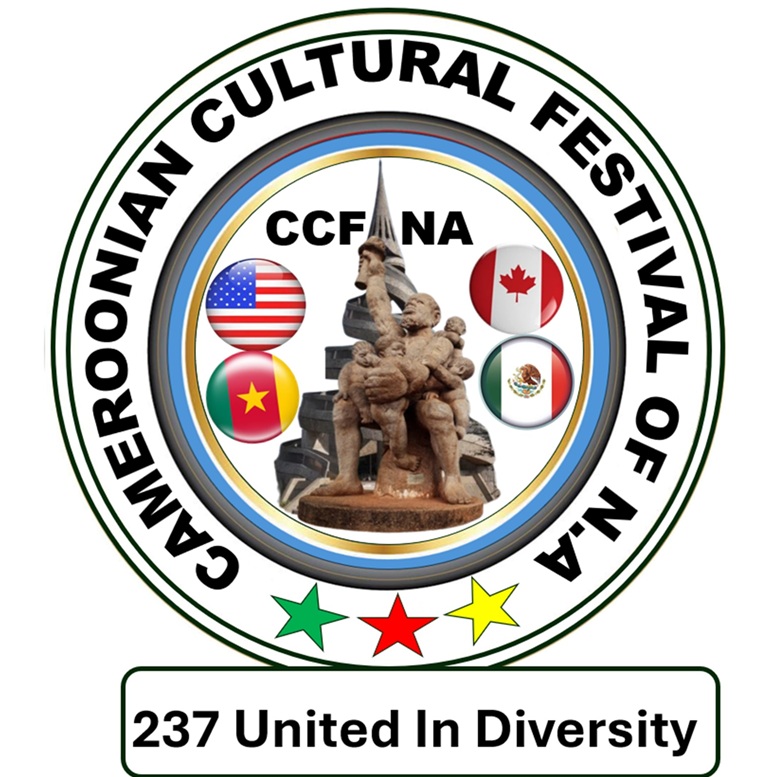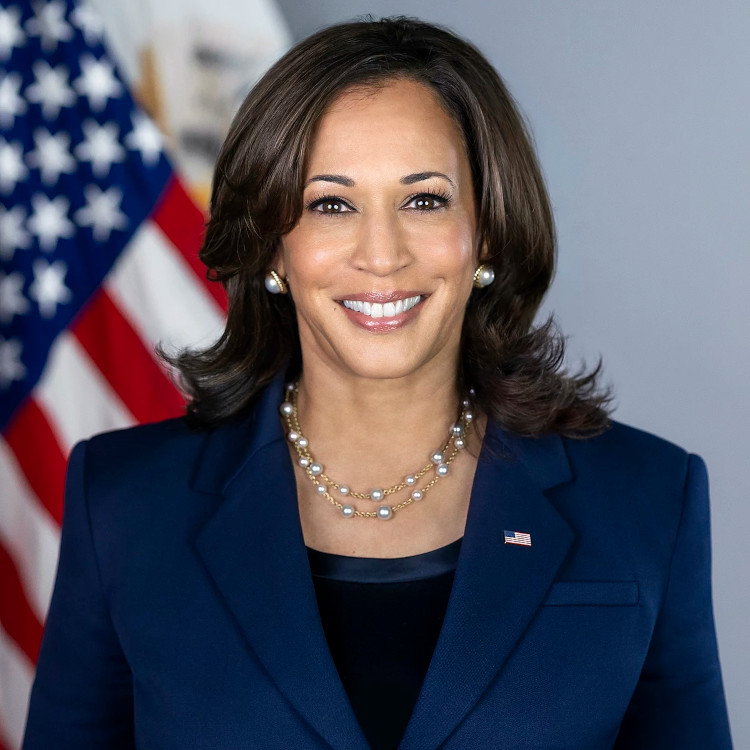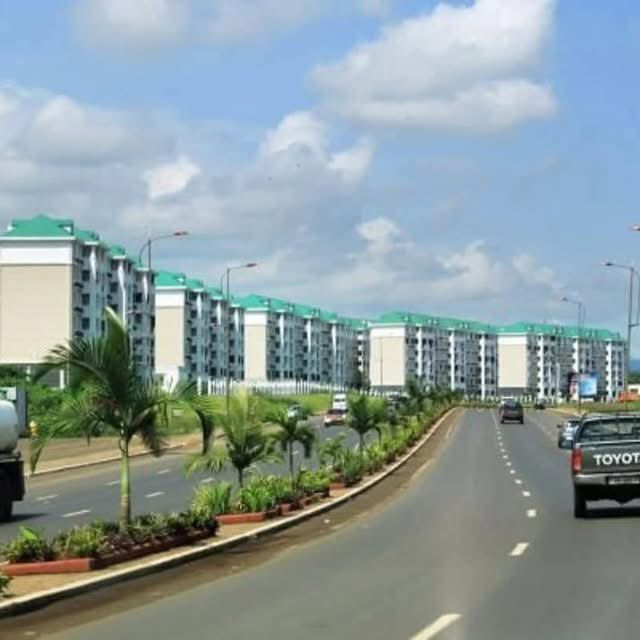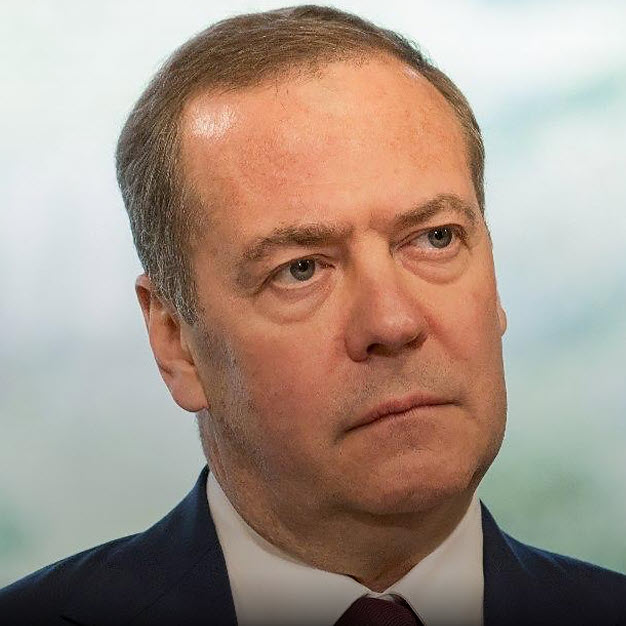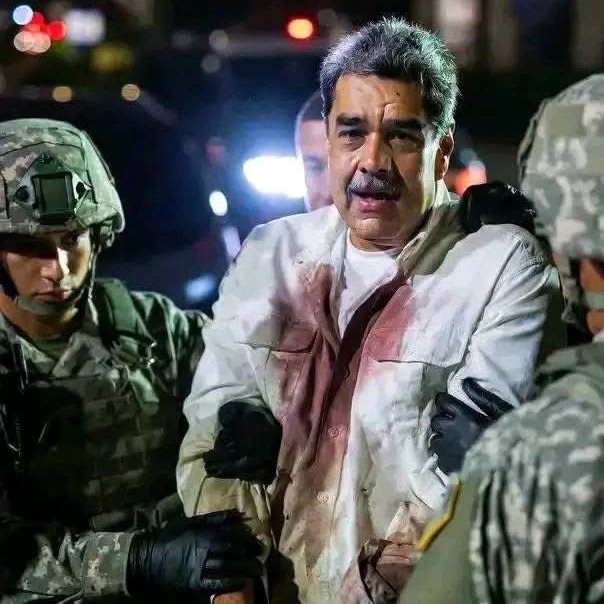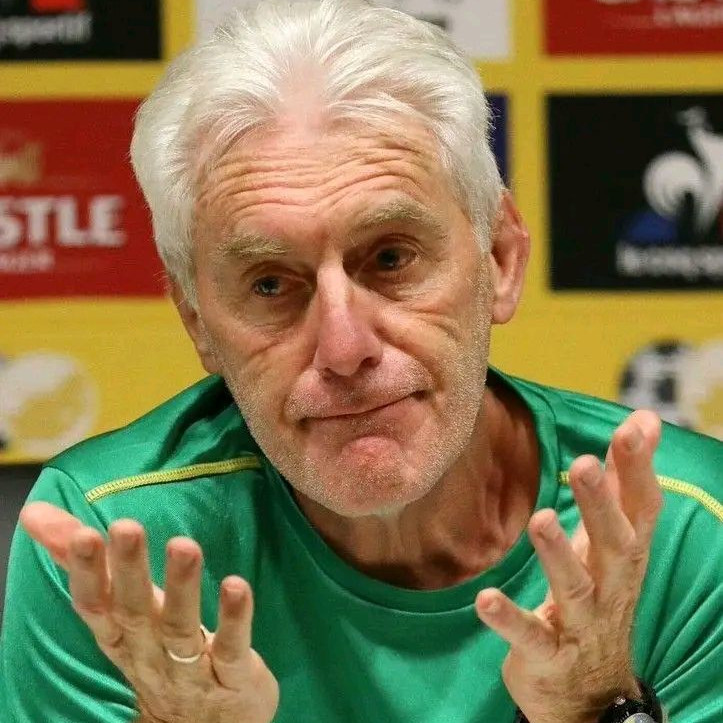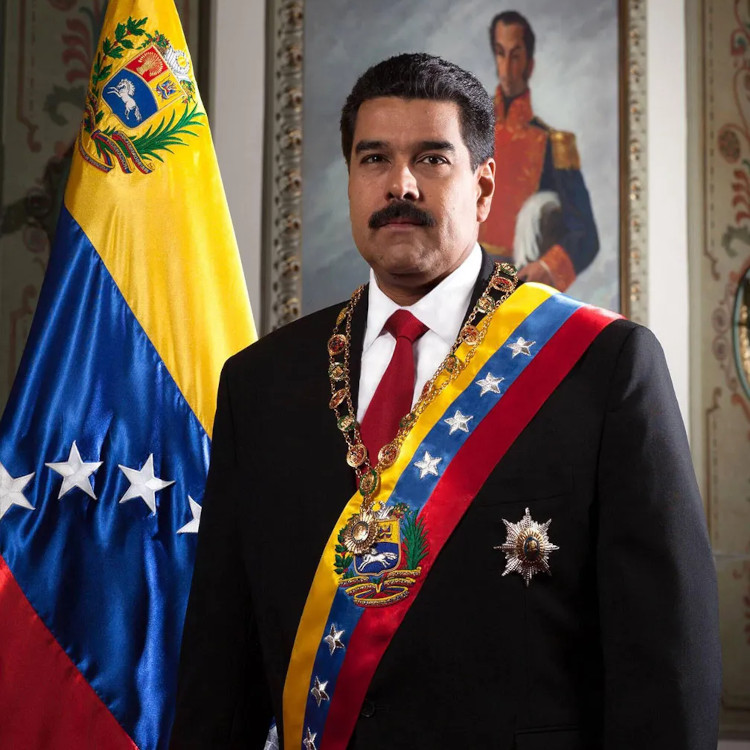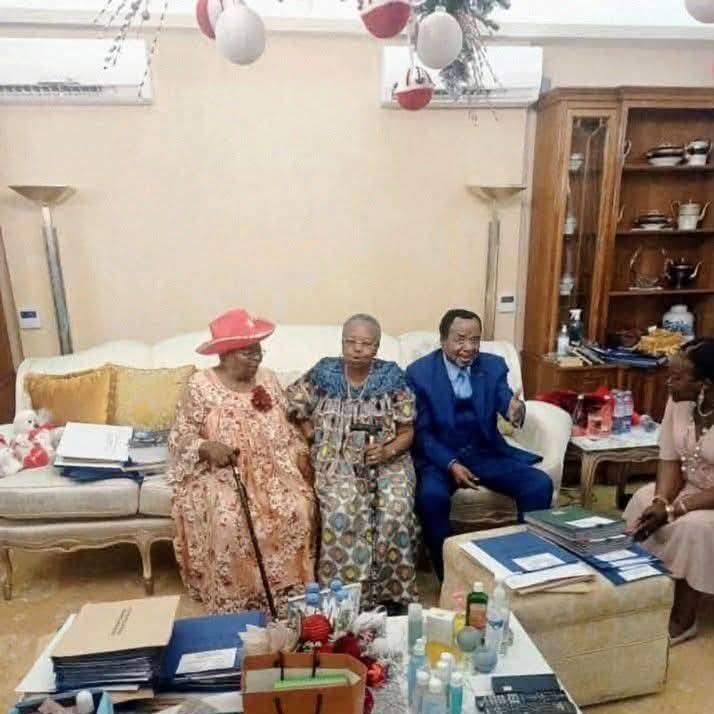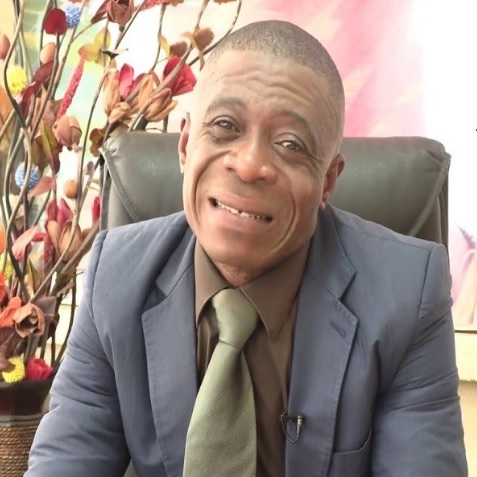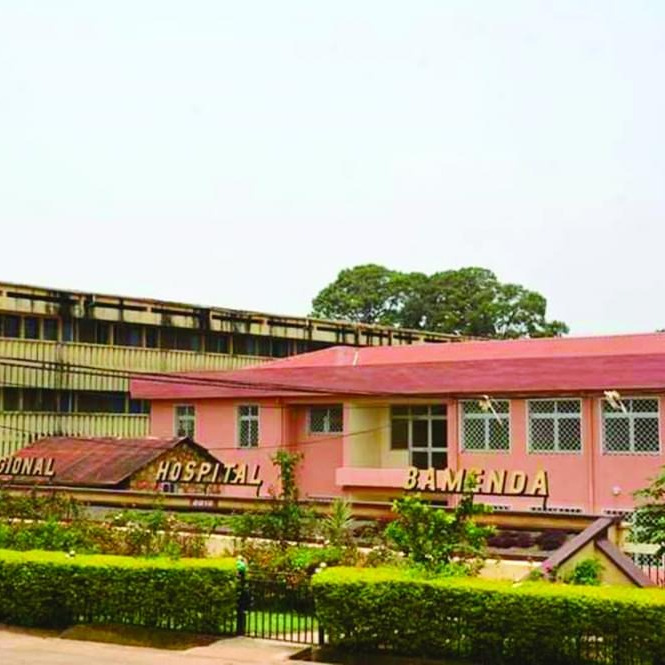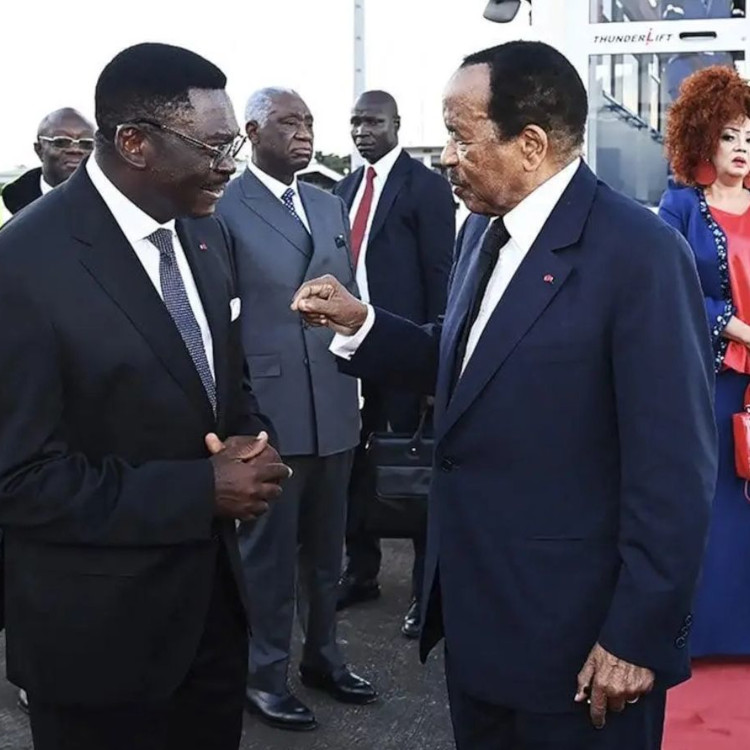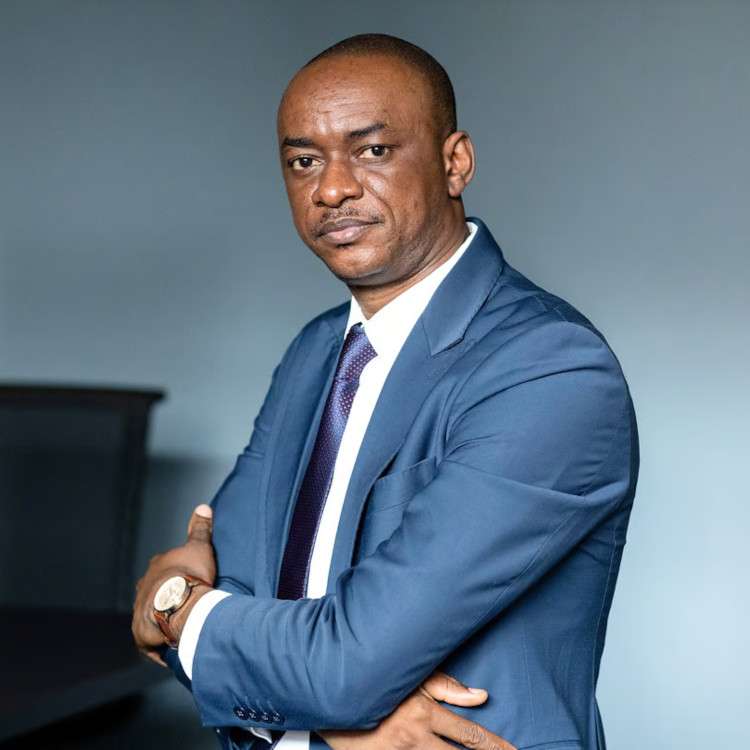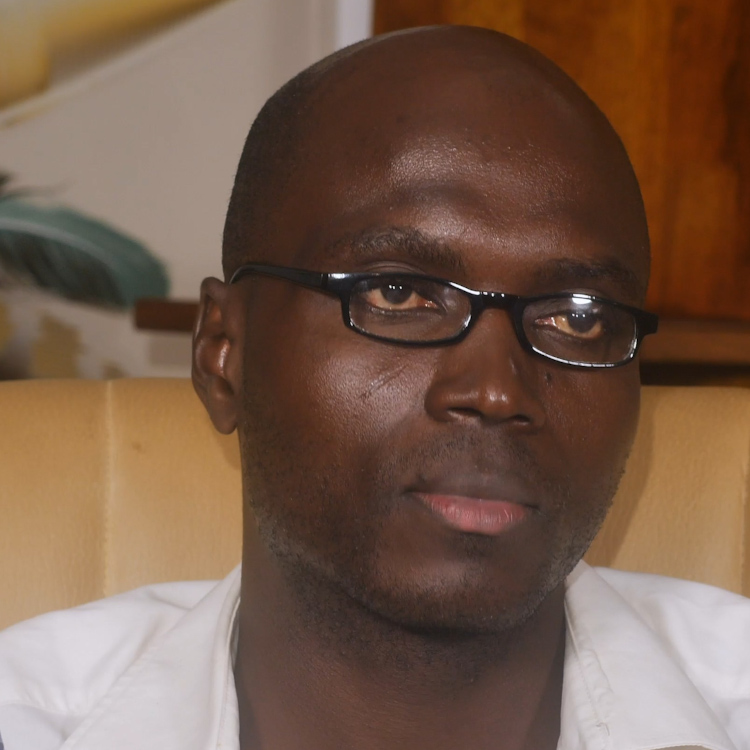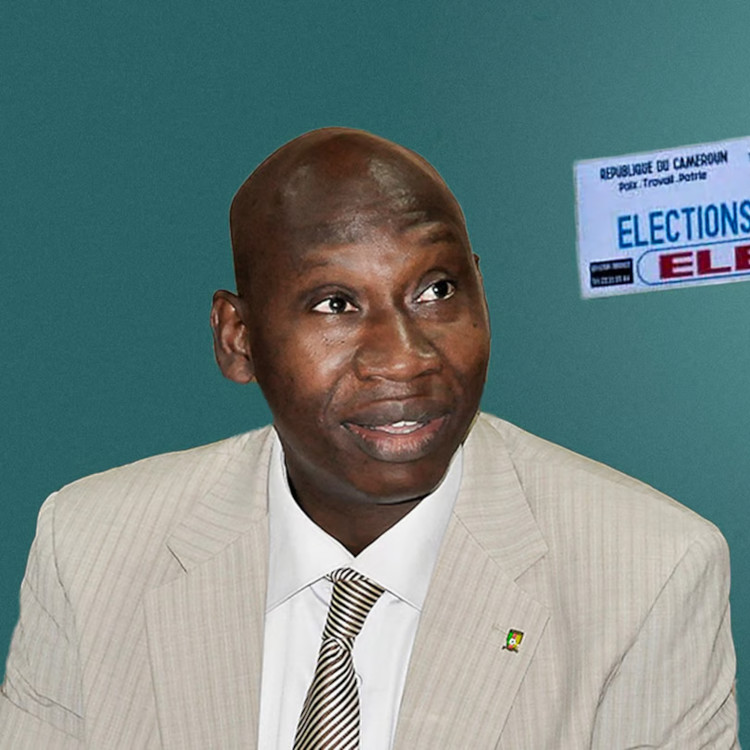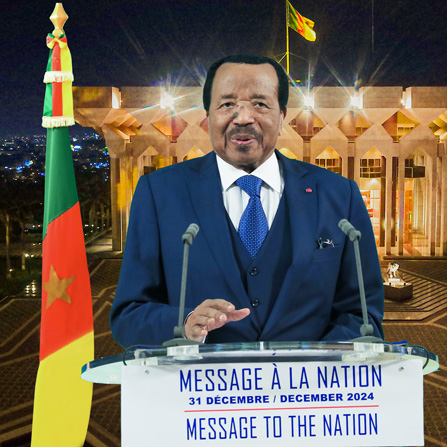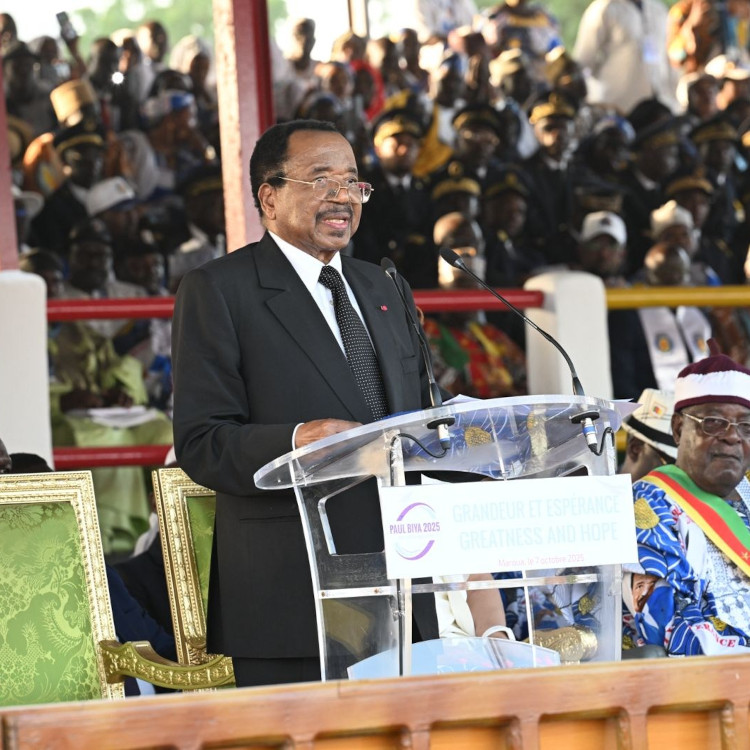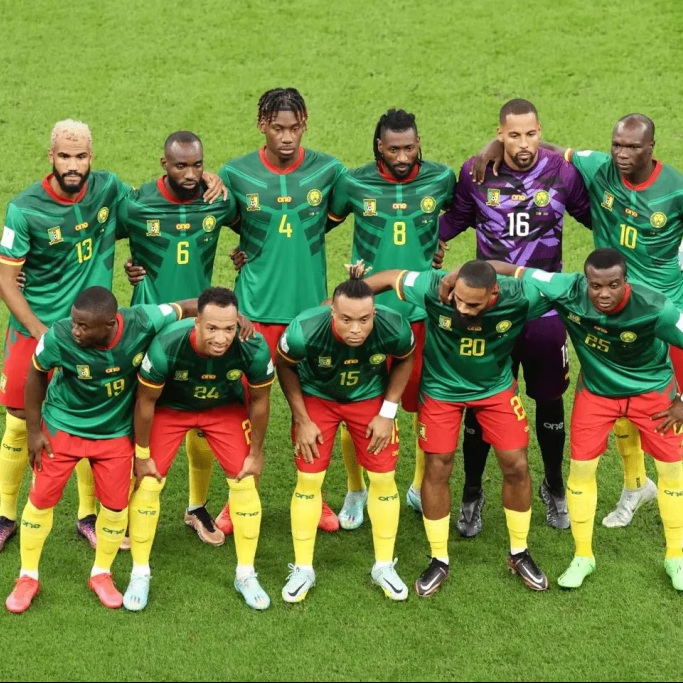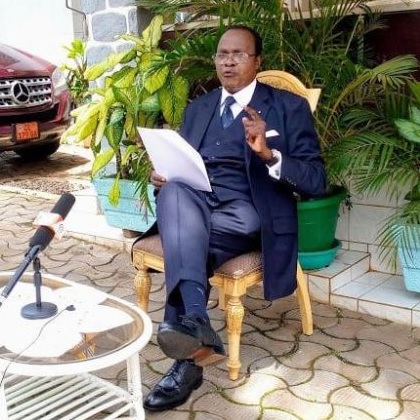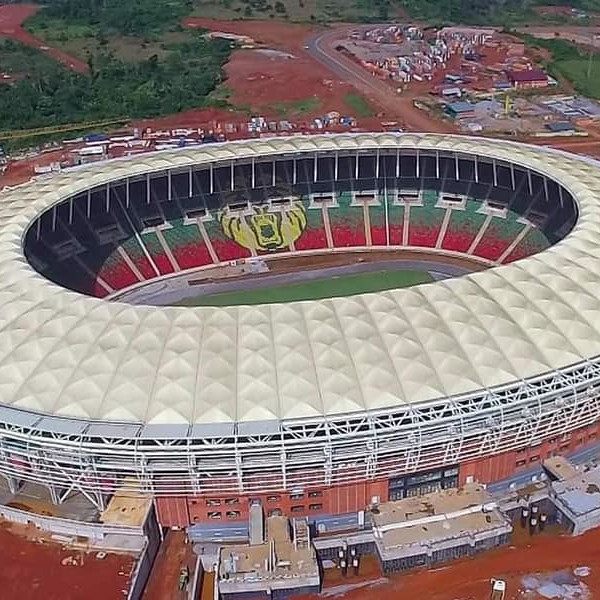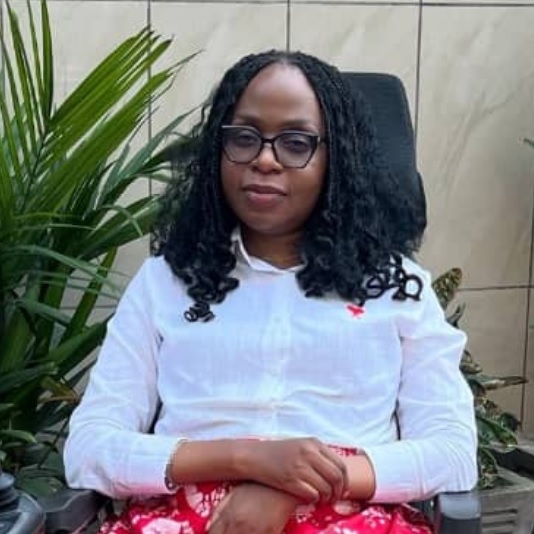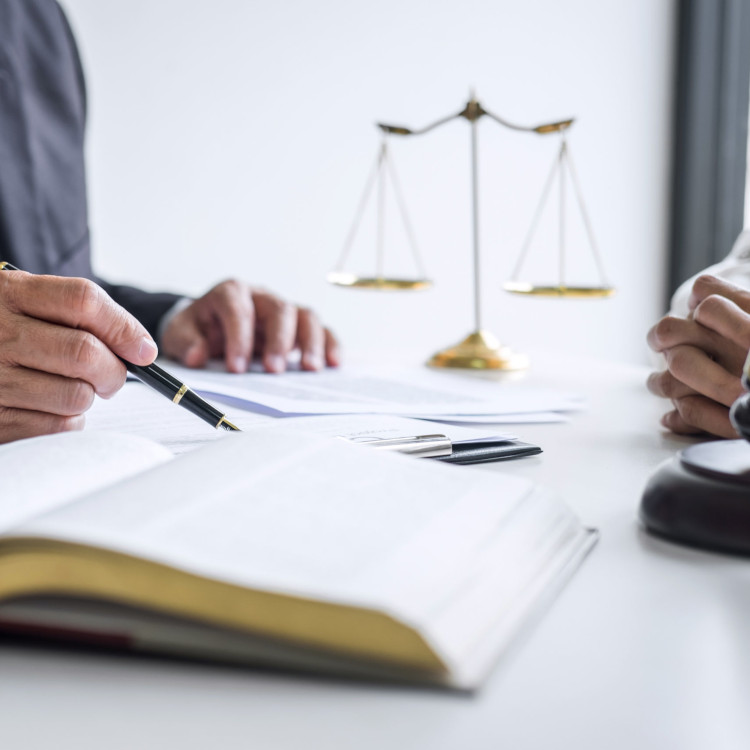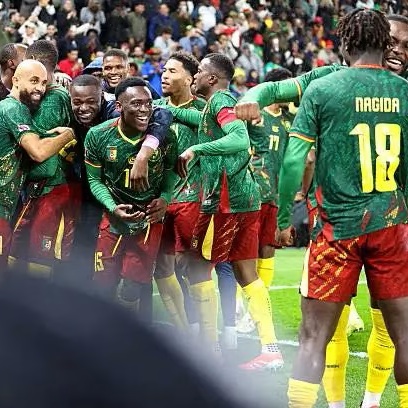

-
© Culled from ambanews24.com : By Denis Atemnkeng, Addis Ababa, Ethiopia
- 12 Jun 2019 15:05:00
- |
- 3906
- |
AFRIQUE :: African Union Watches while Africans are Slaughtered
Three years into the Ambazonia conflict that is rocking Cameroon, many people are rightly wondering what the African Union has done, particularly for the gross human rights violations and atrocities being reported from within the Southern Cameroons (Ambazonia), which has been sealed off from journalists and many foreign reporters by the government of Cameroon. When finally, on 13 May 2019, the United States of America, Germany, the Dominican Republic and the UK organized an Arria-formula meeting of the UNSC on “the humanitarian crisis in Cameroon”, it was notoriously the African members who failed to support it on the flimsy grounds that the matter ought to be led by the African Union.
The African Union’s Dead Silence on the Conflict
Although the conflict broke into the open only in 2016, it had been smoldering since 1961 and throughout this period the African Union had been repeatedly seized of it, yet not once had the crisis appeared on the agenda of the Assembly of the Union; nor did it appear on the agenda of the African Union Peace and Security Council. In like manner, not once has this crisis been reported in any African Union conflict report, and strangely also, no African country has commented on the matter. In short, despite the gravity of the crisis, the African Union has pretended that it does not even exist and so it would be completely misleading to hope that the African Union has an African solution to this problem. It is no longer an African problem but a humanity problem.
Efforts made by the People of the Southern Cameroons (AMBAZONIA) throughout the Years
The attempts made by the victims range from the Abuja High Court case of 2002; Communication 266/2003 at the Banjul Commission and the travesty of justice in that Commission; the appeal on Communication 266/2003; Communication 337/2007 asking Cameroon to prove its recognized boundaries under Article 4(b) of the African Union Constitutive Act; the African Border Program in 2009 at which the Southern Cameroons presented the maps and treaties defining its territory; Communication 650/17 of February 2017, and the seizure of the African Union Commission again in July 2017. Needless to talk of the many letters sent to the various Chairpersons of the African Union. These efforts were further complicated in 2018 by the conspiracy between Cameroon and Nigeria in the unlawful abduction of asylum seekers, asylees and foreign nationals in Nigeria and illegally ferried overnight to Cameroon without due process, and who have since been subjected to military court trials. The abductees were held in Cameroon secret prisons for close to one year without access to lawyers, family members or friends; completely incommunicado! Their lawyers in Nigeria have since successfully filed lawsuits against the Nigerian government for their unlawful abduction, but the Nigerian government has so far refused to implement Nigerian court rulings condemning those abductions and imposing a fine on the Nigerian government.
This article details out some of the efforts that have been made within the African Union framework and Africa in general towards finding a solution to the bitter and long-drawn conflict between Cameroon and Ambazonia, which finally broke out into a war in 2017.
The Current War was Predictable from 1961
It does not require any rocket science to have seen this war coming as far back as 1961 when the people of the Southern Cameroons were denied the option of sovereign independence and imposed the choice of achieving independence either in confederation with Nigeria or with Cameroon. What aggravated the situation then was that even after the United Nations voted for the independence of the Southern Cameroons (Ambazonia) and set a date for it, the Republic of Cameroon, with the help of Britain, simply suppressed the independence, recolonized the territory and imposed its inherited French ways on the people through a most barbaric assimilation policy.
As the African Union has Failed, Let the Rest of Humanity Stand Up
This article highlights all the avenues for a remedy that have been explored, but without any success. In fact, local remedies at the level of the African Union and Africa have, to say the least, been fully exhausted. It is impossible for the African Union or any of its Member States to even remotely suggest that the African Union can provide an African solution to an African problem in this case. If the African Union had acted on this problem, we might have been spared the war, the gross human rights violations and the mayhem that is taking place in Ambazonia today. But the African Union failed again to take any actions and does not seem able or willing to do so.
As African Union and African remedies have been exhausted, it is but right that the matter be addressed outside of Africa, notably by the United Nations Organization, the European Union, the United States of America and other interested partners. Even if Africa were to give the false impression of showing some concern at seeing the rest of the world become engaged with the problem, it is all but certain that it will not do anything should the matter be left to it. Our common humanity, the primacy of the UN in all matters that threaten peace, the Universal Declaration of Human Rights, human lives and the moral duty of Christian nations dictates that we not remain silent in the face of the atrocities happening in Ambazonia. The crisis now requires that everybody rises above regional politics of the African Union because this has become a human problem, not an African problem.
The countries and institutions outside of Africa that have shown concern should not therefore expect the African Union or its Member States to contribute in any meaningful way towards a solution. If anything, they might try to obstruct a solution following a misconstrued interpretation of African Unity. The victims of the crisis, as human beings above all else, can only be thankful to whoever has shown enough concern to break the deadening silence of Africa in the face of the threat to their very existence as a people.
Specific Actions taken Within the African Union Framework
The following are some of the efforts that the People of the Southern Cameroons have made within the African Union and African context to find a just and lasting solution to the territorial conflict and land dispute between the former British Southern Cameroons and French Cameroun Republique.
1. The Abuja High Court case:
In 2002, the Southern Cameroons National Council (SCNC) and the Southern Cameroons Peoples’ Organization (SCAPO) introduced a case[i] in the Abuja High Court under Articles 1, 20(1)(2)[ii] and (3) of the African Charter on Human and Peoples’ Rights to oblige Nigeria to place the case of the People of the Southern Cameroons before the International Court of Justice (ICJ) and the UN General Assembly. At the end of the hearings, a consent judgment was obtained against Nigeria which undertook to place the case as so requested. The ruling was delivered by Justice Rosaline Ukeje on March 5th, 2002.
As we write in 2019, 17 years later, Nigeria has refused to obey its own court order and failed to implement the judgment.
2. Communication 266/2003:
In 2003, SCAPO and the SCNC seized the African Commission on Human and Peoples’ Rights, charging Cameroon for gross human rights violations on Ambazonians and for violating Articles 19[iii] and 20 of the African Charter on Human and Peoples’ Rights as well as Article 4(b) of the African Union Constitutive Act. The Commission did not rule on the matter until six (6) years later, in 2009. While acknowledging the People of the Southern Cameroons as a People under the Charter, the Commission committed many unthinkable judicial errors. In paragraph 192 of its ruling, the Commission states: “The Commission notes that the Republic of Cameroon is a party to the Constitutive Act (and was a state party to the OAU Charter). It is a party to the African Charter on Human and Peoples’ Rights as well. The Commission is obliged to uphold the territorial integrity of the Respondent State”.
The Commission in a terrible act of injustice is saying that it cannot hold Cameroon answerable for the charges brought against her because Cameroon is a party to the African Charter on Human and Peoples’ Rights and the Constitutive Act! But is it not precisely because Cameroon is a party to those instruments that it is being held to abide by the provisions of the instruments? By ratifying these instruments, Cameroon freely undertook to abide by their provisions and to be held accountable if she violated them. The response of the Commission to charges that the Respondent state is in violation of Article 4(b) of the Constitutive Act is to declare that “the Commission is obliged to uphold the territorial integrity of the Respondent State.”
Declaring that the territory in dispute must be that of the Respondent State, without any proof whatsoever, is a mere assumption of the Commission! Territorial integrity however cannot be assumed; it must be proven precisely by producing the maps and treaties that defined the Respondent State’s borders at independence! Despite these absurdities, the Commission called for dialogue to resolve the conflict and gave the parties 180 days to comply. The African Heads of State endorsed the ruling in the Sirte (Libya) Summit of that year. Cameroon indeed accepted the ruling and asked for time to comply. But ten (10) years later in 2019, Cameroon simply snubbed the Commission and has never been heard of. Nor have the Heads of State followed up at all on the ruling.
3. Appeal on Comm. 266/2003:
The reasoning of the Commission in 266/2003 was so irrational and perverse that the applicants were forced to appeal to the Commission against its own ruling. The Commission simply refused the appeal, complaining about the language.
4. Communication 337/2007:
Given the convoluted reasoning of the Commission in Communication 266/2003, in 2007, the people of the Southern Cameroons (Ambazonia) again brought another action against Cameroon in the African Commission on Human and People’s Rights, this time charging it to prove its boundaries under Article 4(b) of the African Union Constitutive Act. After sitting on this case for close to 10 years, the Commission finally declined to hear the matter!
4. African Union Border Program:
Having been frustrated in their previous attempts to prove their case, the People of the Southern Cameroons (Ambazonia) in February 2009 sent a delegation to the African Union Commission in Addis Ababa under the African Union Border Program. The mission of the delegation was to present the maps and treaties defining the international borders of the territory of the Southern Cameroons to the African Union Commission. The delegation duly submitted the maps and treaties on 12th February 2009, Reference AU Registry No. 533 of February 2009.
Since then however, there has never been any feedback. Either the AU Commission chose to hide that information or no one from the chain of AU organs is concerned enough about future conflicts and the respect of AU and UN principles, to follow up the matter.
5. Communication 650/17 of February 2017: Kum Bezeng & 75 others Vs. Republic of Cameroon.
In this case the applicants were suing Cameroon for massive and widespread human rights violation, including killings, rape, looting, burning of villages, abductions and many more. The Commission decided to be seized of the case and adopted provisional measures which Cameroon refused to comply with. Arguments on admissibility were submitted on 17 August 2017. But the Commission went dead on the case. At first it claimed it had not received the submissions. When it was demonstrated that it not only received the submissions but acknowledged receipt, it claimed it lacked enough legal officers to deal with the huge workload. Despite repeated reminders, the Commission just went silent on the case!
5. Seizure of the African Union Peace and Security Council, July 2017
In July 2017, the People of the Southern Cameroons, acting through the SCACUFF Consortium once again seized all members of the Peace and Security Council, providing them with detailed documents and a USB containing images and videos of the atrocities being committed against the people of the Southern Cameroons. Every single Member of the Peace and Security Council was served with the document. In addition, the Chairperson of the Commission, the Deputy Chairperson, the Commissioner for Political Affairs were served copies of the same document and USB.
Once more, not a word was ever heard from the African Union Peace and Security Council or any of the AU officials to whom the documents were sent.
6. Appeal to individual AU Member States:
Needless to recount the number of states that have been approached to explain the Southern Cameroon’s case. While most of the states or their officials showed concern in private, they dared not make their concerns open.
Reaction of the African Union:
It is to be noted that the AU Commission under Mrs Zlamini Zuma issued a press release on the ongoing crisis in Cameroon. Under Moussa Faki, the current Chair of the Commission, another press release was also issued. Mr. Faki also traveled to Cameroon in 2018. But nothing else has ever been heard.
Analysis of the African Union Attitude
The inability of the African Union to do anything meaningful in this crisis is not new or limited to this case. The African Union’s reluctance to do anything about the grave human rights violations in the former British Cameroons is part of African Union’s general reluctance to bother about the rule of law or human rights violations on the continent. This reluctance however is not in accordance with its instruments. On paper, the African Union has some of the best instruments, but there is simply no practical way to implement them, since only the Heads of State can endorse such implementation. Article 4(h) of the Constitutive Act grants “the right of the Union to intervene in a Member State pursuant to a decision of the Assembly in respect of grave circumstances, namely: war crimes, genocide and crimes against humanity”. This provision however is at once redundant since it can only be invoked by the Assembly, made of Heads of State, who in most circumstances, are at the root of the crisis which may warrant Union intervention! Since the continent is crises-torn, no Head of State is “clean” enough to invoke the rule. Each Head of State is faced with human rights violations in his/her own country and so the Heads of State mutually protect each other from being held accountable. They are both the judge and party in all matters that fall under them and therefore would not indict themselves!
If we take article 34(6) of the Protocol to the African Court for example, we see again another mechanism by which action on human rights violations has been stalled. It stipulates that no citizen can bring an action in the African Court against a state which has not granted such a right to its citizens by declaring, during ratification, its acceptance of such cases! Justice is a peremptory norm of law, yet, the violation of such a norm by Article 34(6) has never bothered the African Union! How is it that it is the state violating your rights that must grant you the right to sue it before a court of law?
Secondly, the African Union is especially cautious on any matter concerning self-determination. The cases of Saharawi Republic, Somaliland, Eritrea and South Sudan are all examples which speak loud enough. The principles of the Union mean nothing when it comes to these matters. It cannot be hoped that in the case of the Southern Cameroons, the African Union will behave differently. Leaving the case to the African Union will just mean to return to the dark ages where only might is right! It is not surprising therefore that in Communication 266/2003, the Commission reasoned completely upside down by assuming, without the smallest proof, the jurisdiction of Cameroon over the Southern Cameroons when indeed Cameroon was being called upon to prove its pretended title! The logical consequence of this AU reticence is carnage, bloodshed, slaughter and long drawn out conflicts as the only way to resolve legitimate claims. How then is AU working for peace when it is unable to uphold its own principles whose respect alone can guarantee peace on the continent? When it is a Member State that is in violation, the AU appears to rally to defend the Member State, not its principles, thus becoming a source of injustice and attendant wars.
The AU appears in some cases to act, but it never does so until the international community has taken a position. Once the international community takes a position, then the African Union is often seen sticking behind them in that case.
In the third place, the AU has a misconception about integration. The concept of integration has always been interpreted to also mean preventing the emergence of new states, even when by all principles of international law those people claiming such right are entitled to it. Once the AU begins to seek to prevent the emergence of new states, it creates a dam effect, where only a flood will sweep away the resistance; it becomes an agent of injustice and conflicts on the continent. Until it is understood that it is not the number of states that makes for peace and integration but the level of harmony and understanding, Africa will continue to be torned by conflicts engineered by the same African Union whose role is to bring peace, harmony and understanding to Africa. There is absolutely no reason to allow people live in constant conflict for the purpose of keeping an illegal state intact or continue the unjust suppression of people who should be ruling themselves.
CONCLUSION:
It has been sufficiently demonstrated that the People of the Southern Cameroons/Ambazonia have exhausted all possible remedies under the African Union framework. Even African Union judicial organs have proven beyond all doubt to be political bodies, shamelessly doing injustice in the name of justice. The only principle the African Union is pursuing in this crisis is that of supporting Cameroon as a Member State of the African Union, not that of upholding its principles, preventing conflicts or doing justice. The reality however is that Africa cannot find peace without truth, justice and the rule of law, which the African Union is not pursuing. All countries that believe in peace, truth and justice, especially the Christian countries of the world, have a moral duty not to fold their arms also and let the slaughter and carnage continue. Very fortunately, other mechanisms of intervention exist when those of the African Union are exhausted or fail. Let the mistakes that allowed the Rwanda genocide to happen not be repeated after the world has vowed never to let it happen again! Human life is human life; it does not belong to the African Union! The crisis in Cameroon is no longer a regional problem of the African Union but humanity’s problem. Non-African intervention is therefore the only hope for victims of the atrocities and the oppressed peoples to find a remedy. No one who reads this article will wonder anymore what the African Union is doing about the crisis: it has long decided to do nothing! The life of innocent Africans does not matter to this organization! We can only welcome other partners with open arms who have a greater sense of humanity.
[i] Suit No. FHC/ABJ/CS/30/2002
[ii] “The Member States of the Organization of African Unity parties to the present Charter shall recognize the rights, duties and freedoms enshrined in this Chapter and shall undertake to adopt legislative or other measures to give effect to them.”
20(1). All peoples shall have the right to existence. They shall have the unquestionable and inalienable right to self- determination. They shall freely determine their political status and shall pursue their economic and social development according to the policy they have freely chosen.
20(2). Colonized or oppressed peoples shall have the right to free themselves from the bonds of domination by resorting to any means recognized by the international community.
20 (3). All peoples shall have the right to the assistance of the States parties to the present Charter in their liberation struggle against foreign domination, be it political, economic or cultural.
[iii] “All peoples shall be equal; they shall enjoy the same respect and shall have the same rights. Nothing shall justify the domination of a people by another”.
Pour plus d'informations sur l'actualité, abonnez vous sur : notre chaîne WhatsApp
Lire aussi dans la rubrique POINT DE VUE
Les + récents
POUR HUGO BROOS, LE CAMEROUN DOIT SA VICTOIRE A LA CHANCE
FOOTBALL GABONAIS, L’ETERNEL RECOMMENCEMENT : LE TALENT TRAHI PAR LE MENTAL
Routes au Cameroun : Dieudonné Essomba dénonce une crise structurelle profonde
CAN 2025 : Le Cameroun écarte l'Afrique du Sud et rejoint le Maroc en quarts de finale
Gustavo Petro défie Donald Trump : pétrole, menaces et révélations sur l'affaire Epstein
POINT DE VUE :: les + lus

POURQUOI LES AFRICAINS REFUSENT-ILS LE « DEVELOPPEMENT » ?
- 26 February 2016
- /
- 56589



Quand les prédictions du colonel Kadhafi se réalisent...
- 22 April 2015
- /
- 40420

LA DIASPORA NUISIBLE: CERTAINS NAÏFS ATTENDENT LEUR TOUR A PARIS
- 12 September 2015
- /
- 31599
LE DéBAT




Afrique : Quel droit à l'image pour les défunts au Cameroun ?
- 17 December 2017
- /
- 221734

Vidéo de la semaine
évènement


